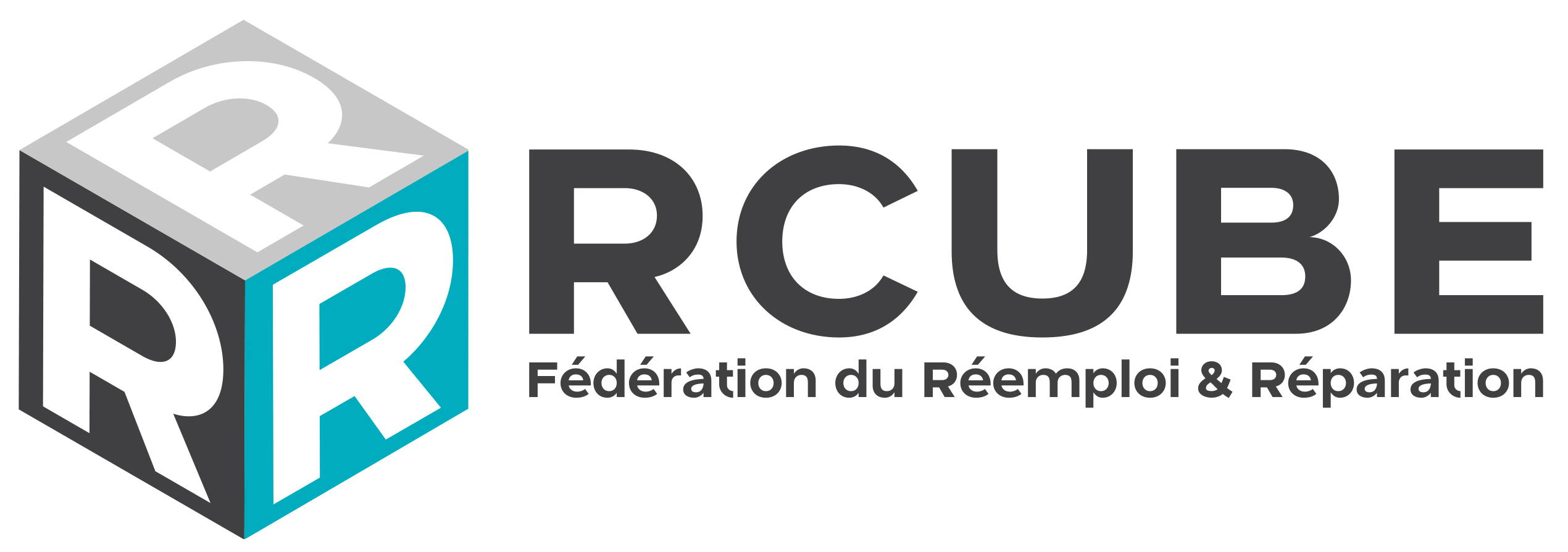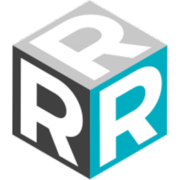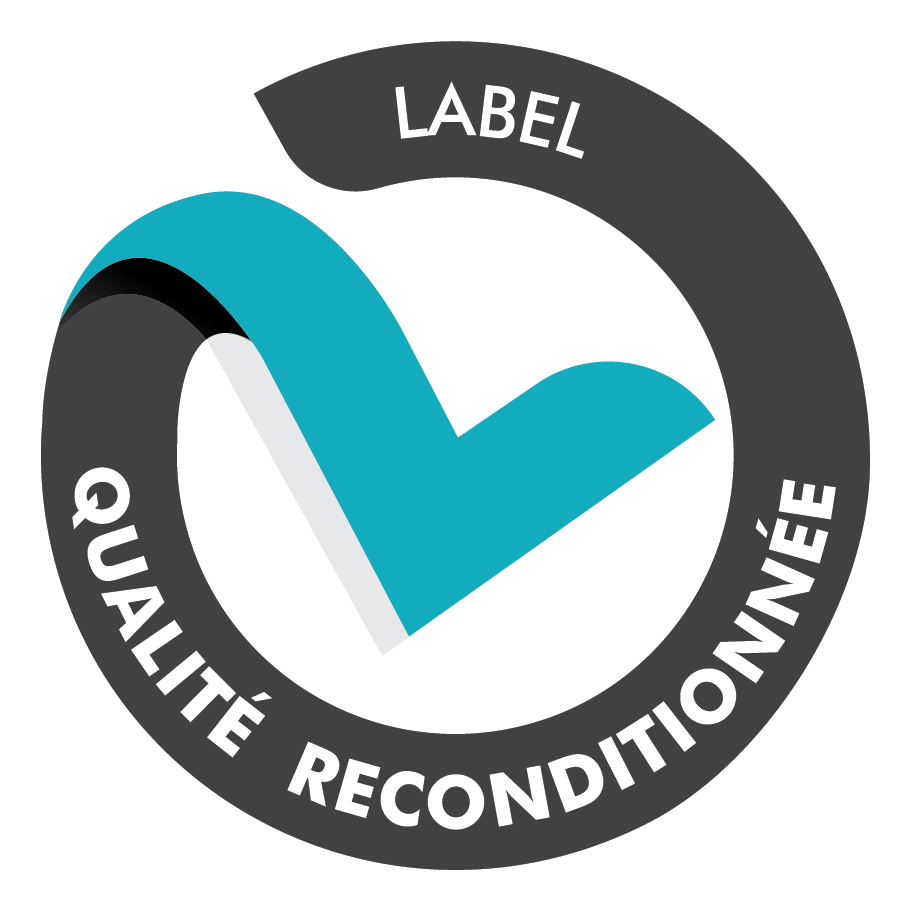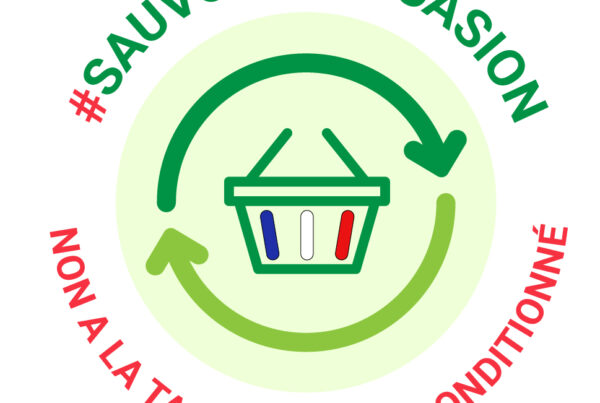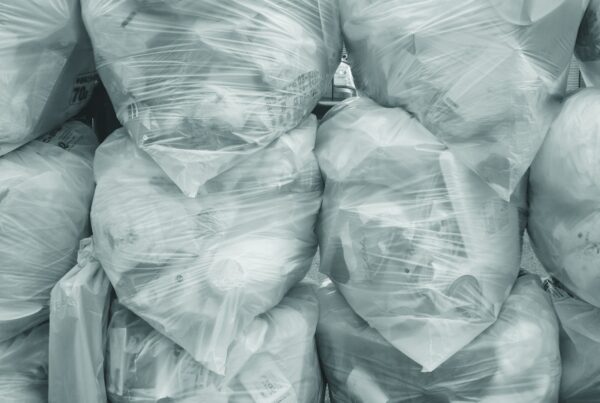The RECQ label issued by RCube and verified by DEKRA CERTIFICATION is the 1st European label for refurbished second-hand products, guaranteeing their quality.
The RECQ label, REConditionnement de Qualité, is a European certification mark registered and legally protected under n°018442159.
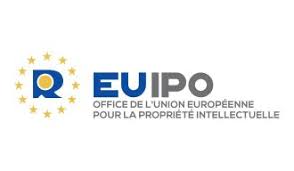
The second-hand market is booming, but is confronted with a very heterogeneous product quality, which fuels buyers' fears about the real state of the product and the absence of a guarantee. The label currently covers quality control of telephones, computers and car tires. It will be extended to other product families, such as toys, bicycles and household electrical equipment.
The label recognizes products and players who respect best practices in terms of collection, testing, cleaning, data deletion, repair and return to resale condition, on the same model as the Organic Agriculture label system. By combining regulatory compliance with environmental and consumer issues, the RecQ " Refurbishment de qualité" label encourages the purchase of quality products that are sustainable over time, and provides transparent information for consumers.
RCube and DEKRA Certification are organizing a webinar entitled "How to structure a quality reuse sector?" on April 15, from 3.30 pm to 6 pm.
The RECQ label: Europe's 1st quality label for refurbished products
The "RECQ REConditionné de Qualité" label aims to guarantee the quality of professionally reconditioned second-hand products that are good for the planet and your wallet, through audits carried out by independent auditors. The label currently covers the reconditioning of the following products: telephones, computers, car tires and industrial electrical equipment. It will soon be extended to other product families, such as toys, gardening and DIY equipment, bicycles and household electrical appliances.
Why label the refurbishing market?
The second-hand market is booming but is confronted with a very heterogeneous product quality, which fuels buyers' fears about the real condition of the product and the absence of a quality guarantee.
The second-hand sector in France counts over 6,500 players who refurbish, produce or sell refurbished items in stores, online or via marketplaces.
For example, in 2019, the Direction Générale de la Concurrence, de la Consommation et de la Répression des Fraudes (DGCCRF) inspected 113 establishments and found breaches in almost 50% of them.
Control and therefore the quality of available products remains very uneven, especially on online sales and via platforms such as Marketplaces (more than 1,600 "reconditioning sellers" are referenced by Marketplaces) and classified ads websites. Some of the causes identified are: lack of information on the provenance and actual condition of the product, non-compliance with tax regulations (e.g. non-payment of VAT or Eco-contribution) and the risk of technical non-compliance (CE marking). In addition to these numerous malfunctions, there is the abusive use of the terms "manufacturer's warranty" and the notion of certification.
The French Anti-Waste and Circular Economy Act (Loi Anti-gaspillage et pour l'Economie Circulaire - AGEC) has taken up the challenge of reconditioning, by legislating on the conditions for using the term "reconditioned", on consumer information obligations, and by facilitating reuse and extended product life.
A demanding approach
Building on these regulatory developments, to offer additional guarantees and address the sector's shortcomings, the Fédération RCUBE, with the support of DEKRA Certification, have created the "RecQ" label, an acronym for "REConditionnement de Qualité", a collective certification mark registered with the European Union.
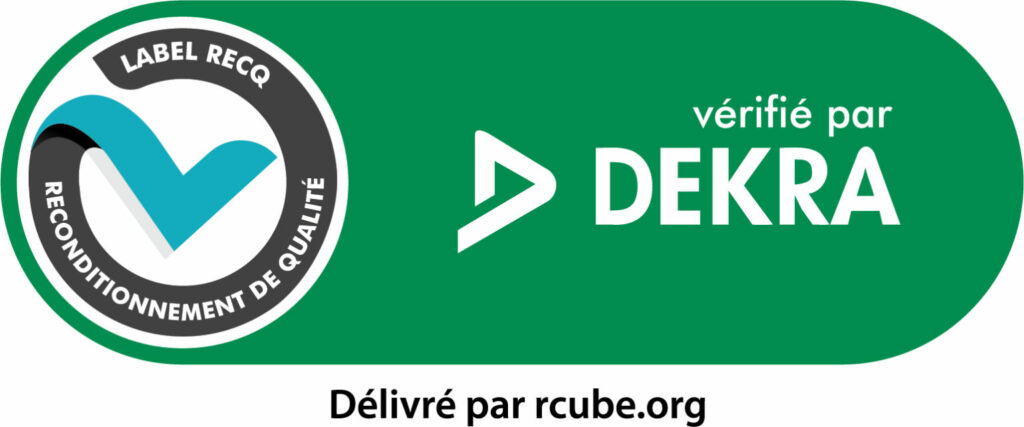
Inspired by the system used for the Agriculture Biologique (AB) label, the RecQ label recognizes products and players that respect good practices, particularly in terms of collection, testing, cleaning, data deletion, repair and resale.
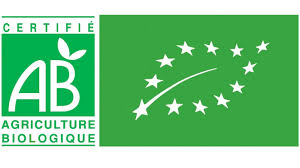
By combining the assessment of regulatory compliance with environmental issues and the rules of the French Consumer Code, the RecQ "RECONDITIONNMENT DE QUALITE" label encourages the act of purchasing quality products that are sustainable over time, and provides transparent information to consumers.
This labeling process is a pragmatic way of combating resource depletion and protecting the environment.
What guarantees does the "RECQ" label provide?
The label is based on compliance with demanding specifications, covering some thirty criteria in addition to the applicable regulations.
A product with the "RecQ" label offers guarantees on:
- Comprehensive diagnostics of all device functions and repairs,
- The safety and quality of the reconditioned product,
- Used product trade-in conditions that respect the interests of the seller, including data confidentiality,
- The provision of clear information on the actual condition of the product, its components, accessories, warranties and associated after-sales services to reassure the consumer,
- Quality criteria specific to each product (for example, cell phone batteries must be at least 80% efficient when new),
- A documentary audit to ensure that candidates comply with tax regulations (payment of VAT in France and avoidance of VAT on margins, etc.), environmental regulations (waste management, payment of Eco-contributions when products are imported, etc.), technical regulations (CE marking of accessories, etc.), parafiscal regulations (payment of Redevance Private copying...) and regulatory compliance.
How to obtain the Label
The RCUBE association manages and administers the label and its standards via a Label Commission and its Board of Directors. Candidates submit an application to the RCUBE.org-led labeling committee, made up of independent experts. They must also sign a charter of commitment to responsible reuse, and provide administrative evidence to justify the admissibility of their application.
Following this preliminary examination, DEKRA Certification, an independent certification and auditing body, carries out a diagnosis including a physical and technical visit to the reconditioning site, carried out by a qualified auditor, in order to verify the compliance of the applicant and the products with the standards.
At the end of this audit, any non-conformities identified must be corrected within six weeks, and the responses must be accepted within this timeframe. A final report will then be drawn up and forwarded to the applicant and to the Certification Committee, which will decide by a vote of its independent members on the right to use the label. If approved by the Certification Committee, theoperator will be entitled to use the label for a period of 3 years, subject to annual assessments.
In this way, the label is part of a continuous improvement approach. The label built by RCube since 2016 helps strengthen the refurbished market.
The following standards were taken into account in drawing up the RECQ label criteria:
- "Label Mobile Refurbished" and "Label Mobile Recycled" created in 2016 by Rcube with DNV,
- Guidelines on social responsibility, NF ISO 26000, 2010-11,
- Charte commune aux éco-organismes agréés et à l'organisme coordonnateur pour l'information et la communication, Déchets d'équipements électriques et électroniques, D3E ménagers, May 25, 2007,
- e-Stewards® Standard for Responsible Recycling and Reuse of Electronic Equipment©, review version, review v2.0, November 1st, 2013,
- Environmental labels: Longtime, R2, EPEAT, TCO certified...
- General principles of environmental labelling
The RECQ label does not mean that the technical standards take into account all the requirements of the above-mentioned standards, but that they have been drawn up on the basis of selected requirements from these standards.
>>>>
Guest of honor and label supporter :

Cédric O
French Secretary of State for Digital Affairs
